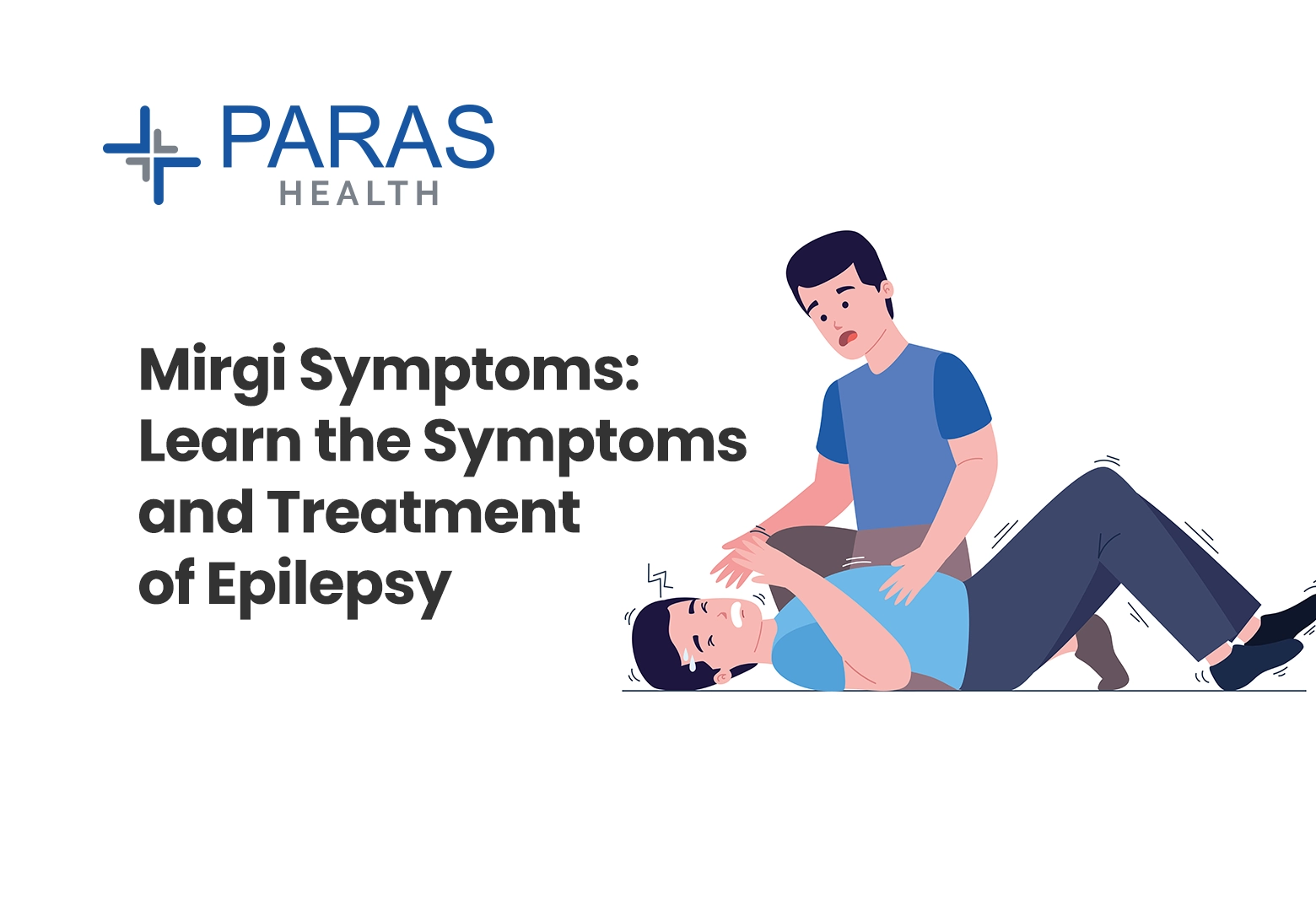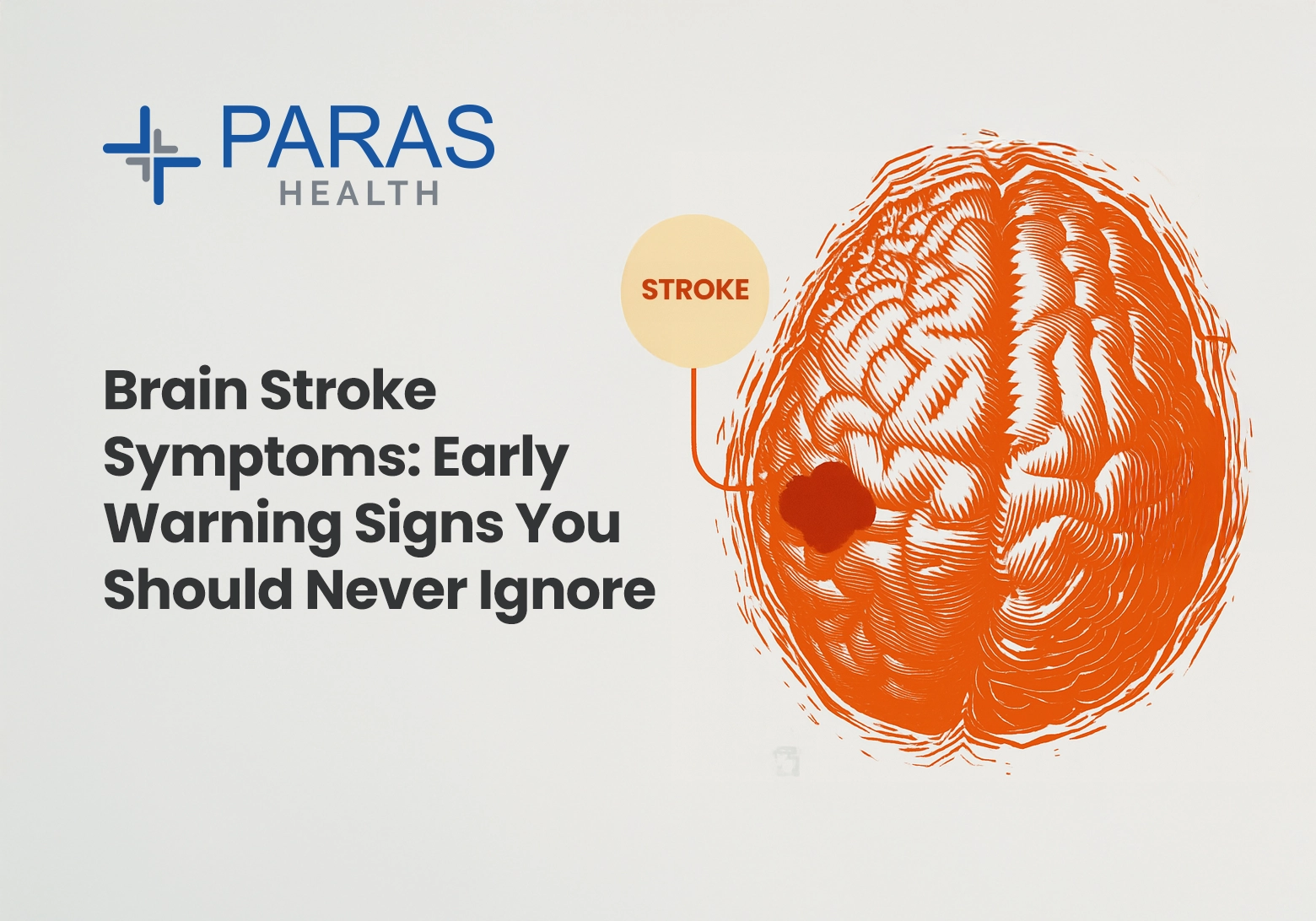UNDERSTANDING EPILEPSY
Apr 19, 2022
Epilepsy is described as a common brain condition that causes repeated seizures. It is a chronic neurological disorder in which the normal chemical and electrical activities between nerve cells in the brain (neurons) become disturbed. This disturbance causes the neurons to fire abnormally, causing seizures. In a seizure, many neurons fire at the same time, much faster than usual, up to 500 times a second.
People often think of epileptic seizures as causing muscle spasms or loss of consciousness, but some seizures can instead cause sudden emotions, sensations, or behaviours that may seem inappropriate and may not be initially recognized as caused by epilepsy.
Epilepsy symptoms
The main symptom of epilepsy is repeated seizures. Here are a few symptoms which need medical attention:
• A convulsion with no fever.
• Short spells of a blackout, or confused memory.
• Intermittent fainting spells.
• For a short period, the person is unresponsive to instructions or questions.
• The person becomes stiff, suddenly, for no apparent reason.
• The person suddenly falls for no clear reason.
• For a short time the person seems dazed and unable to communicate.
• Repetitive movements that seem inappropriate.
• The person becomes fearful, angry or may panic without reason.
• Peculiar changes in senses, such as smell, touch, and sound.
• The arms, legs, or body jerk, in babies these will appear as a cluster of rapid jerking movements.
Causes of Epilepsy
For up to 60 percent of people with epilepsy, the cause is not known, even with a complete medical evaluation. For the rest, here are a few major reasons that may cause Epilepsy:
• Genetic mutations.
• Structural changes in the brain due to trauma, infection or stroke.
• Birth defect.
• Infections of the central nervous system.
If someone around you is suffering an Epileptic seizure, here are some important tips:
• Move any objects, such as furniture, away from them so that they don’t hurt themselves.
• Put something soft under their head to stop it hitting the ground.
• Call emergency medical help if needed.
• Try to stop other people crowding around.
• Stay with them until they have fully recovered.
If someone around you is suffering an Epileptic seizure, here are some things that need to be avoided:
• Do not restrain (try to hold down) the person.
• Do not place anything between the person’s teeth during a seizure.
• Do not move the person unless they are in danger.
• Do not try to make the person stop convulsing. They have no control over the seizure and are not aware of what is happening at the time.
It is estimated that there are 12 million people with Epilepsy in India. The right diagnosis and treatment can help people with Epilepsy live better. Consult our Centre for Neurosciences for Epilepsy treatment.









